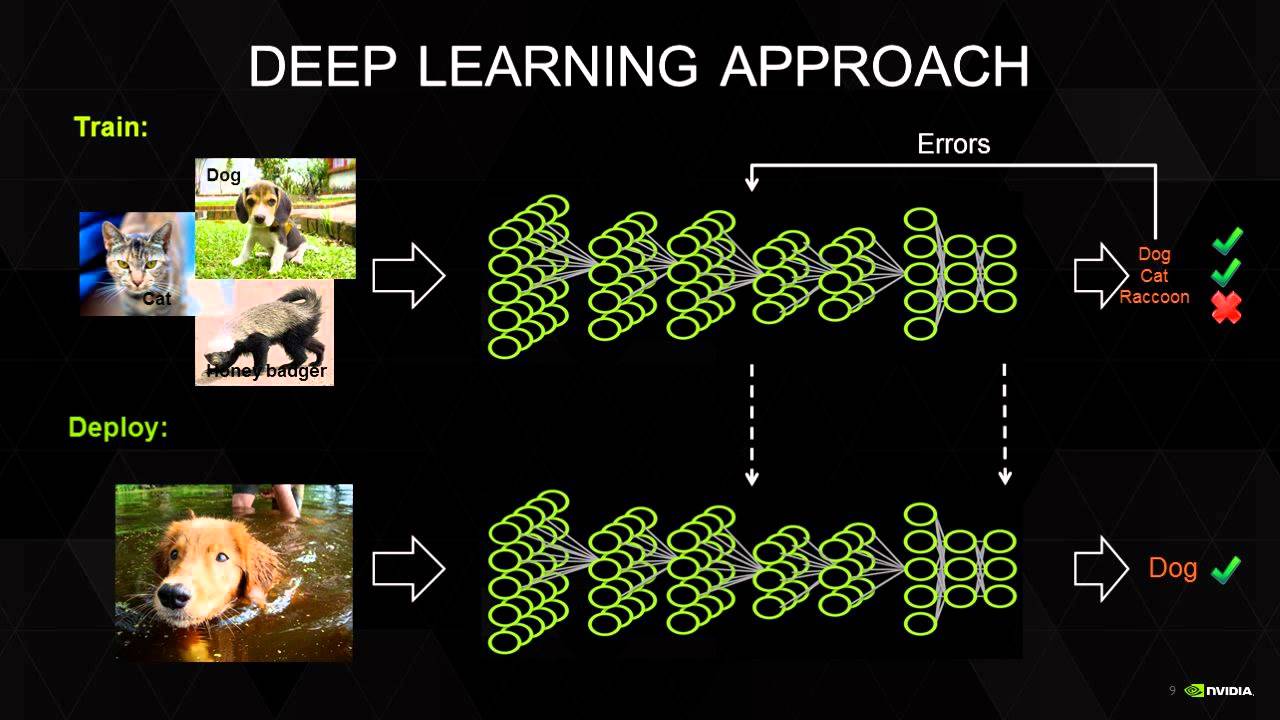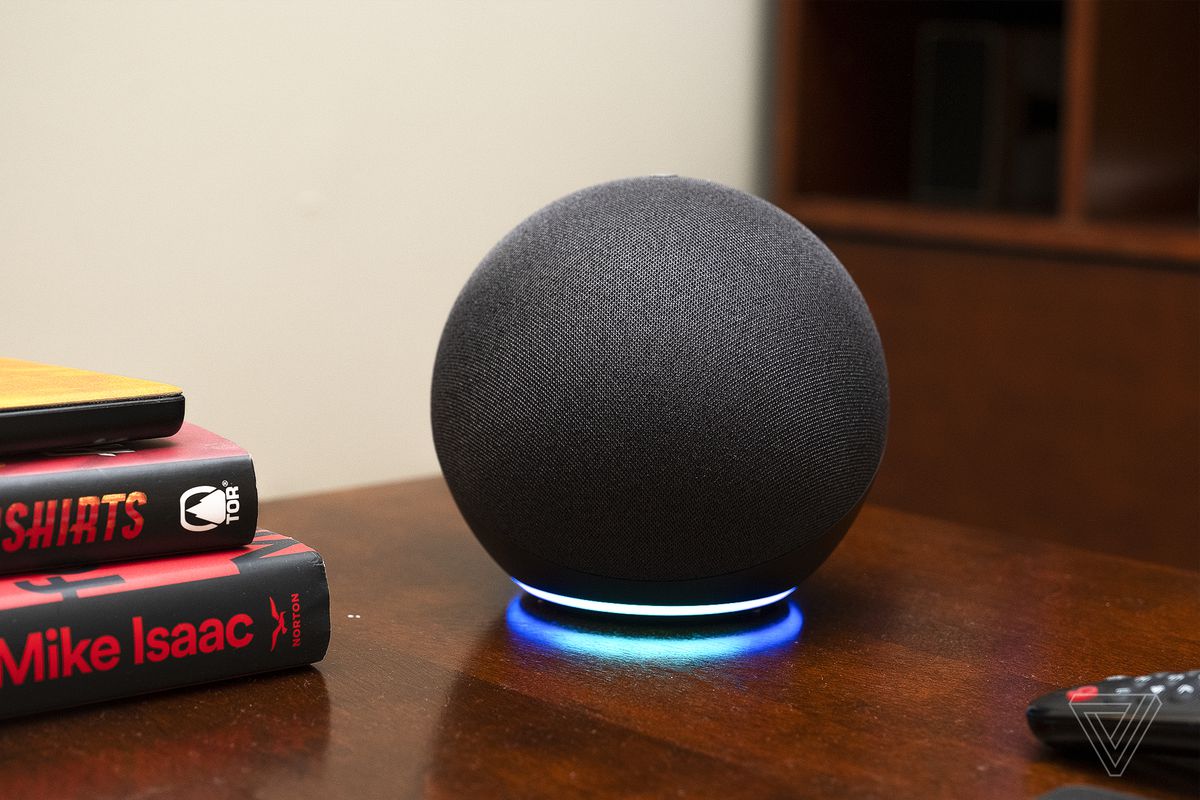The dream of one day having an entity with artificial intelligence diagnose your condition and recommend the best treatment may still be years away, but at IBM Watson Health and elsewhere, the technology and capability is evolving at such a rapid pace that such a function could well be part of regular healthcare practices.
About a month ago I interviewed Deborah DiSanzo, who is IBM’s General Manager for Watson Health. She was previously the CEO of Phillips Healthcare but now spearheads the development of Watson Health into a multi-billion-dollar business unit for IBM.

During the interview, one of the interesting things she mentioned was this:
“I was at one of our larger partners who is actually using our application from IBM called Clinical Trial Matching, which enables oncologists to, from the hundreds of thousands of clinical trials that are going on, match the appropriate clinical trial to the patient. And the breast oncologist that I was speaking to said it is fantastic because it “enables me to speak to my patients better, I turn the screen around and I show her what the particular type of breast cancer she has, how that matches with the top three clinical trials that she could go on.””
The implications of that are tremendous. What it shows is that while deep learning by artificial intelligence systems may not be able to replace your doctor, they can definitely help your doctor be more efficient, diagnose your condition much faster and actually show you validation from literally millions of other patients with the same condition as yours.
Imagine a world where you walk into your doctor’s office apprehensive about the outcome of the meeting, and your doctor tells you this:
Doctor: I’ve had a look at your reports, and my artificial intelligence-based analytics system shows me that this exactly matches such and such condition, and the treatment for that is such and such. The success rate for this type of treatment is 99.8% and your hospitalization time is not likely to be more than 72 hours.
How does that sound to you? It’s much better than your doctor telling you that he or she needs time to review your case and would you mind admitting yourself to their care so they can “observe” you for a few days?
The Real Benefit of Artificial Intelligence in Healthcare
That’s the kind of efficiency that artificial intelligence and deep machine learning can bring to the medical profession. And ultimately, that’s what we want, isn’t it? We don’t want our doctors to be replaced by cold machines that do everything from taking our temperature to prescribing a course of pills to performing an operation no matter how “standard” it might be, do we?
My broad opinion on artificial intelligence is that it will become an “enabler” for professionals from various industries, including the medical profession. It will not replace them, but it will help them work faster, work smarter and work more accurately to deliver the same things they were doing all along.
That’s where I see AI fitting into the grander scheme of things. It might be cool to have Siri or Alexa or Cortana order a pizza for me or get me a taxi, but when I have a medical problem, I need an actual human being to tell me that I’m going to get better.
Thanks for reading our work! If you’re reading this on Apple News, please favorite the 1RedDrop channel (next to our logo) to add us to your news feed, or Like our page on Facebook. Please bookmark our site for more insightful articles on current and future technologies that are changing our lives.



